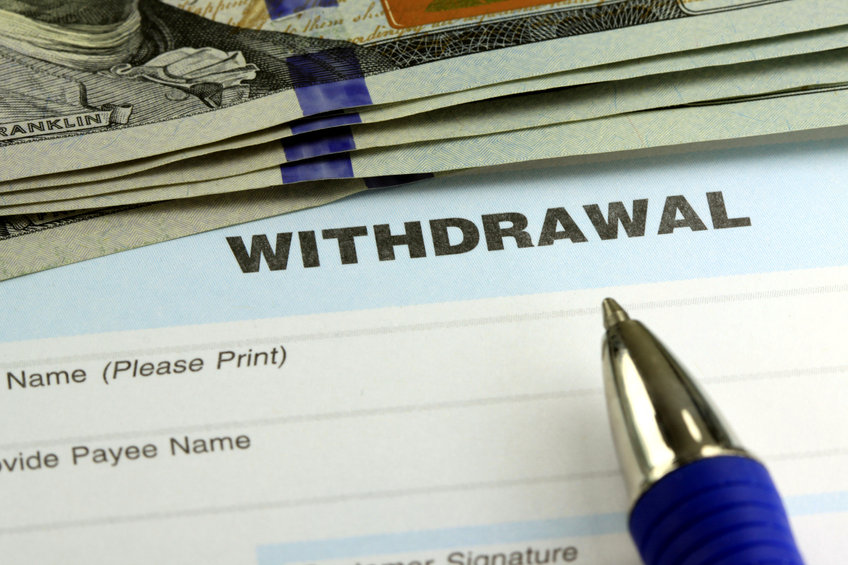Cannabidiol (CBD) is one of many chemical compounds found within the Cannabis sativa plant. Along with tetrahydrocannabinol (THC), these two cannabinoids are responsible for the plant’s healing properties and intoxicating effects respectively when they are consumed through smoking, edibles, liquid infusions and more. Unlike THC, CBD does not produce the ‘high’ feeling associated with marijuana but rather offers other benefits associated with its healing properties. In fact, many scientists and cannabis enthusiasts are exploring the possibility of using CBD to treat withdrawals.
In this article, we will assess whether or not CBD can induce withdrawals or if it acts as a beneficial combatant to these uncomfortable symptoms.
How Does CBD Work?
Protein-based chemical structures that are attached to cells are responsible for receiving signals from various stimuli within the body. The central nervous system and the peripheral nervous system are affected by the CB1 and CB2 receptors respectively. CBD is said to interact with these receptors and this link may be the correlation between its consumption and several health benefits.
While further research needs to be conducted into the way in which CBD affects these receptors, studies regarding serotonin signaling during the consumption of CBD may hold some answers. The neurotransmitter serotonin is directly linked to one’s mental health and plays a role in regulating feelings of depression and anxiety. More and more doctors are seeing a connection between the consumption of CBD and reduced feelings of anxiety. This is because of the antidepressant qualities of the compound.
Let’s take a closer look at how CBD can help with anxiety before we dive into its side effects and assess its potential to either trigger or combat withdrawals.
The Benefits Of CBD
There are several proposed benefits to CBD and individuals who consume accurate dosages of the compound through food, supplements, or other forms of infusions may experience the following:
 Pain relief
Pain relief- Reduction in feelings of anxiety and depression
- Possible reduction in the presence of acne
- Neurological support
- Cardiovascular support
The Side Effects Of CBD
Very few severe side effects are typically associated with CBD. That said, it can potentially interact with other medications and it would be wise for individuals to consult their general health practitioner if they experience any of the following side effects when consuming multiple sources of medication:

- Diarrhea
- Fatigue
- Fluctuations in appetite
- Changes in weight
As CBD presents minimal side effects, it is suggested that the compound is completely safe to use. Despite this theory, let us consider whether or not the cannabinoid can trigger withdrawals similar to its THC counterpart and other prescription medications or harmful drugs.
Can CBD Trigger Withdrawals?
Currently, there is no evidence of CBD withdrawal symptoms. The interaction of CBD with the nervous system receptors and other parts of the body is said to assist with feelings of depression, anxiety, and other common symptoms of withdrawal. This is unlike CBD’s intoxicating counterpart THC, which may induce withdrawals as a result of long-term use because the brain becomes dependent on the psychoactive or ‘high’ response of the chemical compound.
But, if CBD does not trigger withdrawals then is it possible its bodily benefits may treat them?
Can CBD Treat Withdrawals?
Interestingly enough, CBD is actually linked to the treatment of THC withdrawal symptoms. While both cannabinoids are derived from the exact same plant, their chemical makeup differs and the body responds to them in entirely unique ways. While THC induces intoxicating effects, CBD promotes serotonin regulation and benefits the body in other ways. As an example, THC is commonly associated with paranoia while CBD is linked to feelings of relaxation. These qualities may help ease the symptoms of THC withdrawal.
Beyond THC, opioids and painkillers are questionable prescriptions that are linked to withdrawals in cases of individuals becoming addicted to their pain-relieving properties. Withdrawals can range from minor headaches to more serious fevers. Chronic pain relieving medication is becoming a major concern in regard to withdrawal. Recently, CBD has shown its ability to calm these symptoms and help opioid users wean off of potential pain medication addiction. CBD’s antidepressant properties, as we have already mentioned, are largely responsible for alleviating this type of drug-use withdrawal. This, compounded with the fact that CBD, even in high doses, is considered safe to use makes it a potential remedy for a very common and serious problem.
The Bottom Line
CBD is considered a safe chemical compound found within the Cannabis sativa plant that does not induce any intoxicating or harmful side effects. In fact, the CBD compound is largely responsible for beneficial bodily effects such as regulating serotonin and alleviating anxiety. These are a few of the ways CBD can help ease symptoms associated with withdrawal as well as help drug users wean off of potentially harmful substances.

